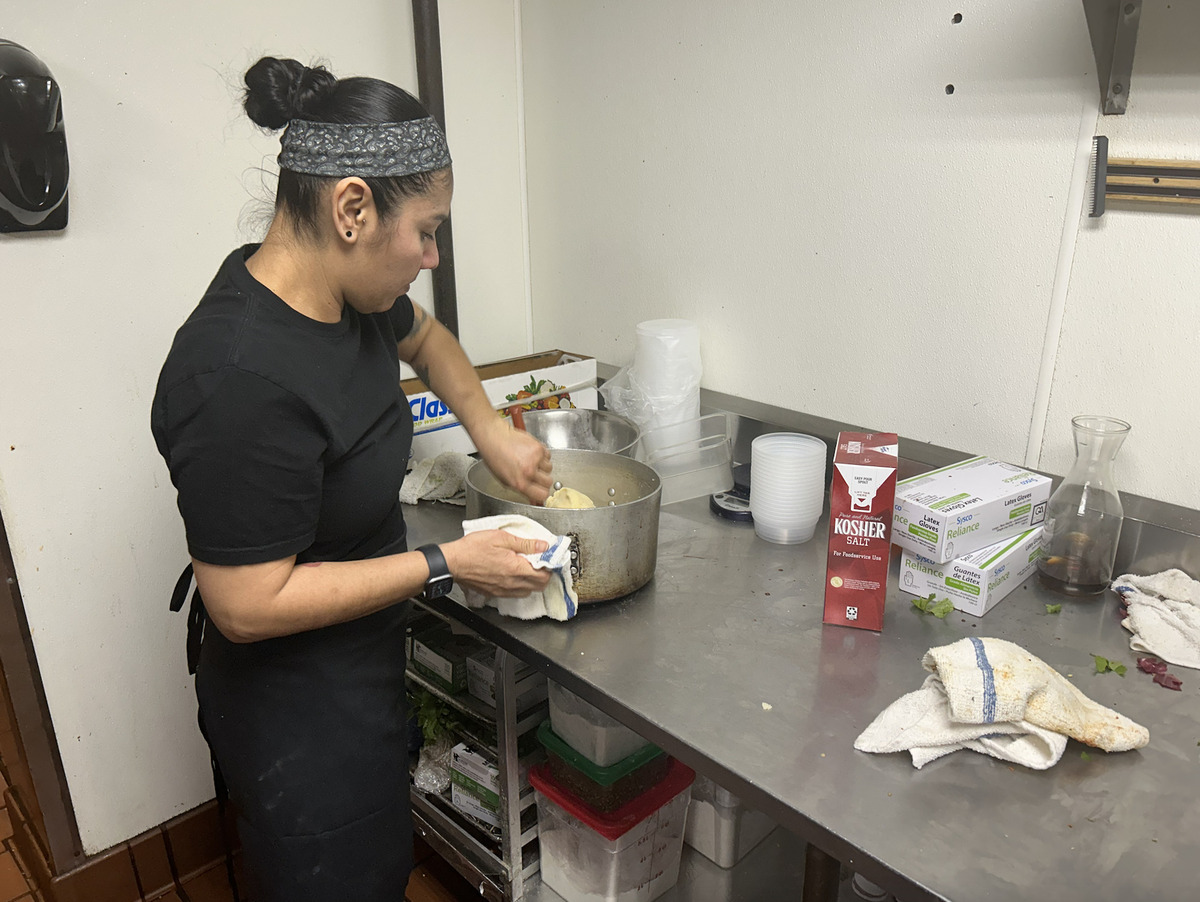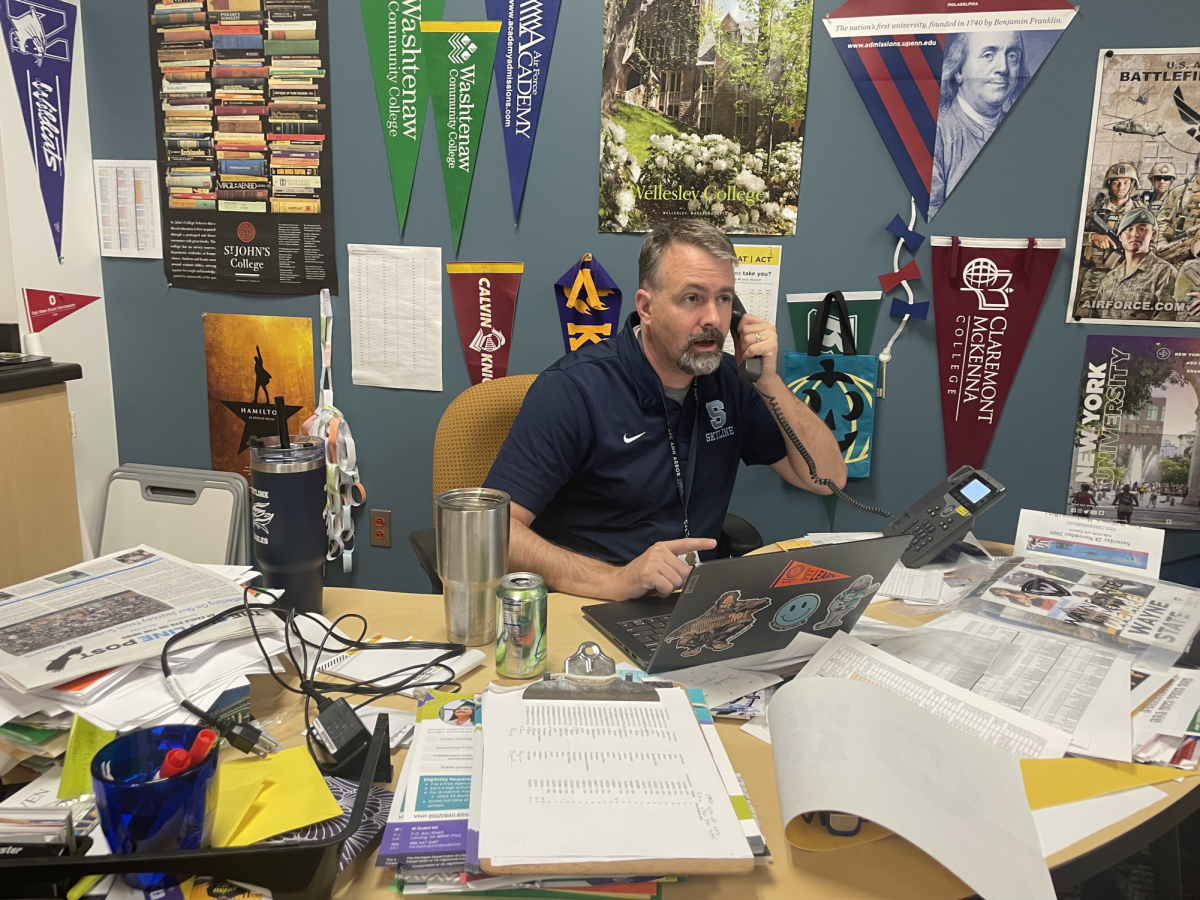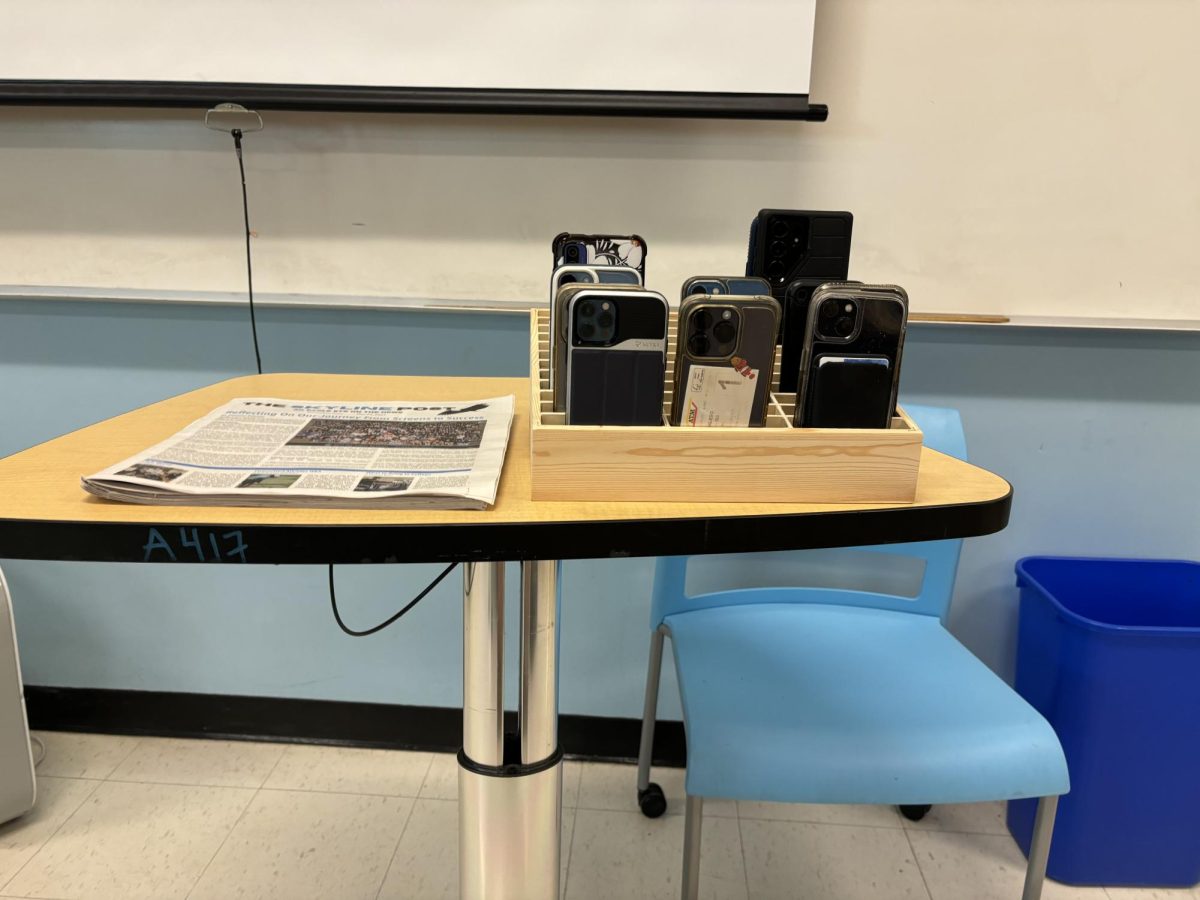“I had a pretty normal childhood,” said Rosa IIdecinda Montalvo. Now the sous chef at the downtown Ann Arbor restaurant, Isalita Cantina Mexicana, Montalvo was born in Iglesia Vieja, a small town in El Salvador with around 10,000 people. Her mom worked there on a cow farm. When Montalvo was about two years old, her mom gave her to her boss. They officially adopted her, and they became her new parents.
Although Montalvo didn’t live on the farm for long, when she was there, it was “violent and scary.” The guerrillas, a leftist group that wanted to overthrow the Salvadoran government in the 1980s and early 1990s, were particularly known for hostage-taking and stealing. Montalvo knows this firsthand. “The guerrillas came and took over my family’s farm….I don’t know why”
Not only did they take over the farm, they abducted her adopted mother. Montalvo’s family was forced to pay a large amount of money for her safe return, but they still didn’t get the farm back until the government stepped in to help. “[It was] still dangerous to own anything.” They were forced to get rid of the farm.
They moved to the capital San Salvador, a beautiful city by the ocean and the San Salvador Volcano. Montalvo described how she would often get fresh fish from the fisherman.
San Salvador had a dark side for Montalvo. “You don’t want to be outside after the sun goes down.” There’s a lot of violence, but she says it’s not because there are a lot of bad people, it’s because they don’t have any other options. If they don’t go to university, there’s not a whole lot people can do to make money. Joining gangs is a way to provide for their families.
She went from having money and living on a farm to sleeping on a “paper-thin mattress” in a living room that wasn’t fully built yet. They were building their house little by little. Even with everything that happened, she still speaks very fondly of San Salvador. “I wish I could smell the ocean and fish like that again. ”
Montalvo lived there until she was 18 when her parents decided to send her to Chicago to stay with her uncle. “They didn’t approve of my boyfriend….He was the love of my life.”
When Montalvo got to the U.S., she spoke no English at all. “It was hard. I didn’t have any friends, and I couldn’t talk to anybody except my family.” While living in Chicago, she went to Chicago Community College to learn English. Not only did she learn English, but she also made friends.
Montalvo got her first job washing dishes at a small restaurant. She was going to college and still spoke little English, so “that’s all they would let me do.” Seeing the line cooks inspired her. This job would ultimately launch her career as a chef.
Montalvo didn’t plan on staying in the U.S., but with the birth of her daughter Melanie, her priorities changed. “The thought of her growing up without me, I knew I had to stay.” Because it was then right after 9/11, getting citizenship was harder than ever. “I mean I understand why it was hard.”
After she studied and passed her citizenship test, she officially became a U.S. citizen. She bounced around the U.S., living in California, New Mexico and Chicago again. She had a son, Lucien.
She was still working in the restaurant business, and then she found her way to Michigan. “This is the place I will stay.” Montalvo is very rooted in the community. Her daughter goes to Michigan State and works in downtown Ann Arbor. Her son attends a local school.
Working at Isalita, Montalvo comes up with new menu items and prepares the food. Almost everything at Isalita has little bits of her inspiration in them, from the traditional tuna tostadas to her own version of the pork shoulder quesadillas. She helps manage the kitchen and makes sure everything runs smoothly.
Living in Michigan for Montalvo is “great” but not perfect. “Obviously I get some weird comments. Someone once told me to go back to Mexico, but it was funny. I’m not even from Mexico.” But, all in all, she thinks that this is a good community, and most people are very kind. She has friends.
Montalvo tells everyone to try to talk to people even if they don’t speak English. “When you think about Ann Arbor It’s easy to think about the doctors but immigrants are the unseen workers…. There are more [immigrants] here than people think.”
When people think about immigrants, it is common to think just about Latino people, but here within our community Skyline there are 21 different languages spoken. There are an estimated 25 newcomers who moved to the U.S. in the last 3 years who currently attend our school.
At Skyline we serve our newcomers through an English Language Learner program (ELL) taught by Jennifer Brose. She teaches special English classes for people who are learning academic English while developing English language skills. The ELL program allows students to get help learning the state’s standard English skills.
Just because a student is in the ELL program does not mean that they don’t know English. They just might need a little extra time to take tests or additional written or verbal instructions. Even though a student is receiving ELL accommodations, it does not mean they are “any less smart than anyone else,” says Brose. “Think about how much extra work they have to do.”
When asked if people should try to talk to newcomer students, Brose said, “Yes! Imagine going through your day and not talking to anyone. Sometimes a simple ‘Hello, how are you?’ can help make a new student feel comfortable and accepted.”
Even though our newcomers are a very small number of people, “everyone wants someone to talk to,” says Brose. Even if someone’s primary language is not English, just trying to talk to them goes a long way.
Many newcomers have amazing stories. You never know what you might learn.







